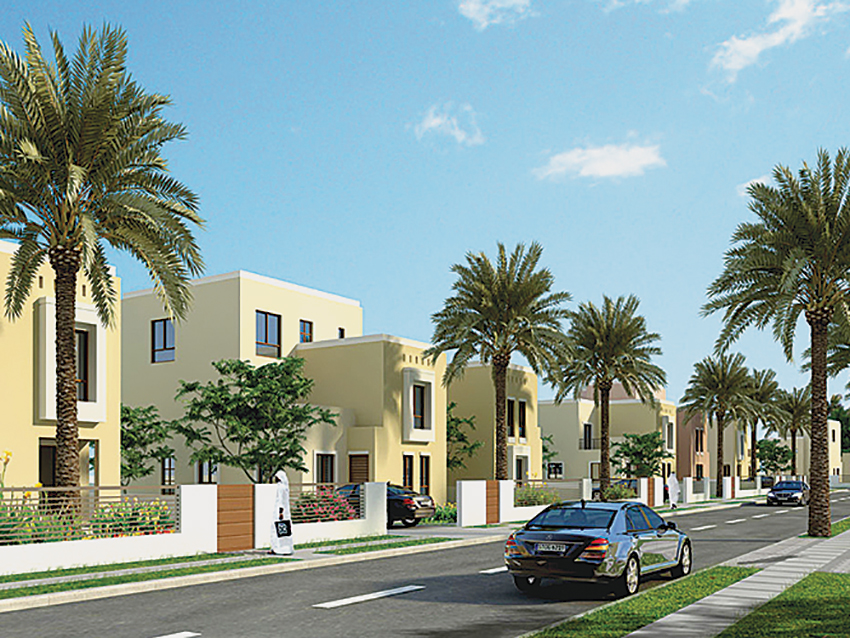

By Conrad Prabhu — MUSCAT: FEB 5 - A recent spike in the cost of transacting real estate deals has the potential to dampen local and foreign investment in this promising economic sector, a well-known Omani property expert has warned. Sulaiman bin Masoud al Harthy, a veteran of the Sultanate’s real estate market, lamented that property transaction costs have undergone a multi-fold increase in recent months — an uptrend that could negatively impact investor sentiment. “One of the main considerations for any investor to step into any market is the cost of doing business, but in the last (several) months or so, we have seen transaction costs rise nearly 3, 4, or even 5 times in some cases,” Al Harthy said.
The industry professional made the comments during a panel discussion organised by Oman Real Estate Association (ORA) as part of its 2nd Real Estate Forum held in the city last week. Among the factors contributing to the spurt in real estate transaction costs is an increase in the Housing Ministry’s fee for registering property deals to 5 per cent of the property value, up from 3 per cent a year ago. A corresponding increase in fees for the registration of property rental contracts has also come into force at Muscat Municipality and Ministry of Regional Municipalities and Water Resources.
Any dampening in the appetite for investment in property could have negative implications for wider economic growth, according to the expert. Real estate development, Sulaiman stressed, typically has a positive knock-on effect on other segments of the economy — benefits that will not accrue if investors stay away from the Omani market. This scenario will have also adverse implications for the government’s revenue earning potential from real estate activities and resultant economic growth, he noted.
“Thus, if you reduce transaction costs on real estate, the property dealer will benefit, and so will the buyer; And with the development of the property, the banks will also benefit as they will provide the mortgage finance, and so on. But if transaction costs are high, it will impede investment, thereby resulting in lost economic potential.”
Commenting on the outlook for the real estate sector in Oman, Al Harthy said the market — a relatively nascent economic sector of the Sultanate — currently lacks some of the underpinnings that would allow for industry professionals to make medium and long-term predictions with regard to market trends.
“In an emerging market like Oman’s there’s not enough clarity that allows you to see 5 or 6 years ahead,” the expert said, faulting in part the ambiguous nature of property regulation as it exists in the Sultanate.
“If you look at those who buy property, they are mainly individuals. You don’t find many Institutional investors, because they keep away from this market. In the absence of institutional investors, Oman will remain a speculator’s market in terms of real estate,” he observed.
Asked for his perspective on the current state of the property sector in the Sultanate, Al Harthy noted that the residential market was witnessing an oversupply in the face of a drop in demand. This stems from a downscaling of business activity linked to the ongoing economic challenges triggered by the global oil price slump. However, the office segment of the market, while somewhat struggling, is showing signs of stability.
As for opportunities linked to undeveloped plots, Al Harthy said: “There’s a huge supply of available empty plots, but little clarity with regard to investment opportunities linked to these plots. I think the regulator (Ministry of Housing) has to step in; we need to see some growth in this market, and to do so, we need to see what needs to be done to incentivise this sector.”
Oman Observer is now on the WhatsApp channel. Click here



